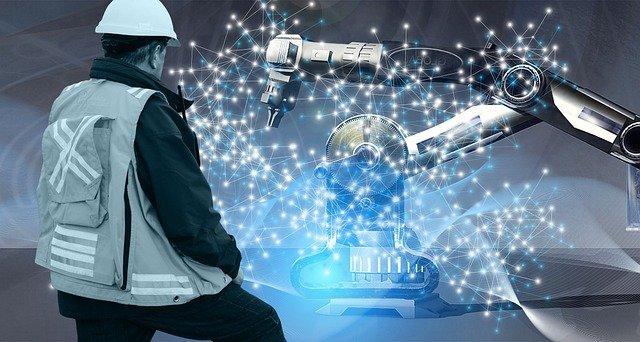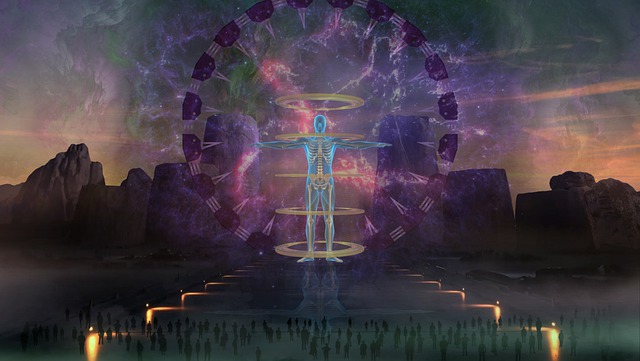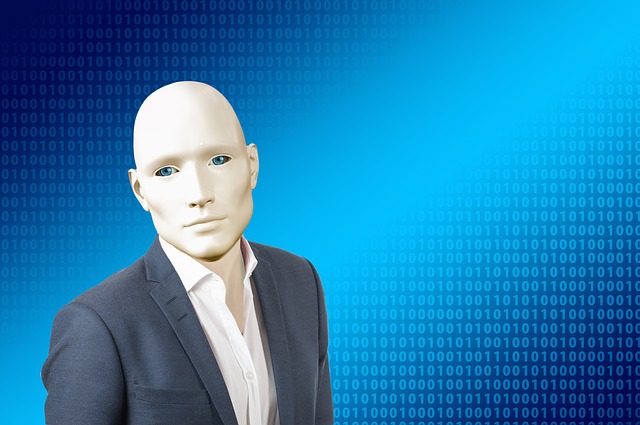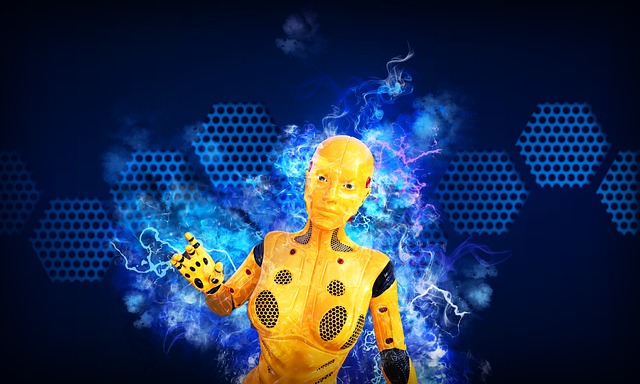We all agree that artificial intelligence (AI) has the power to drive development and even out global inequalities. Because it can process vast amounts of data rapidly, AI is ensuring more and more people in developing countries have access to microfinance, healthcare and remote-learning opportunities. AI helps make climate change mitigation more efficient, and can help deliver housing at a quarter of the usual costs when combined with 3D printing technology. It is easy to see how it could be a game-changer in the rapidly urbanising developing world.
But AI’s potential to help us achieve the Sustainable Development Goals, and to reduce global poverty is far from being realised. As research published by the International Monetary Fund last year shows, the current trends in AI technologies are more likely to exacerbate global inequalities than to address them.
According to a study published by Price Waterhouse Cooper, in 2017, countries investing in AI technologies could see 14 percent growth in their GDP by 2030. While estimates of this type vary, all agree that these economic returns will be very unevenly distributed.
According to the Organisation for Economic Co-operation and Development (OECD), around three-quarters of all new digital innovation and patents are produced by just 250 firms.
Out of the 15 biggest digital platforms we use, eight are from the US, and six are Chinese.
By 2030, North America and China will have made trillions of dollars’ worth of profit, while developing countries will still be reeling from the economic aftershocks of the pandemic which we know has already led to increased inequalities and worsened poverty. In the words of the speculative fiction writer, William Gibson: “The future is here, it’s just unevenly distributed”.
In June 2020, the United Nations Secretary-General Antonio Guterres laid out a UN roadmap for digital cooperation, and acknowledged his concerns that the fourth industrial revolution was making the world more unequal, and benefitting a small number of people. He charged UNESCO with the responsibility for building a global agreement on the ethics of AI, saying:
“There is currently a lack of representation and inclusiveness in global discussions. Developing countries are largely absent from or not well-represented in most prominent forums on artificial intelligence, despite having a significant opportunity to benefit from it for their economic and social development. The work done by the United Nations Educational, Scientific and Cultural Organization on the ethics of artificial intelligence is an example of the role that the United Nations can play to ensure inclusiveness”.
In 2020, UNESCO gathered 24 experts, from multiple disciplines, to draft the text. It then held public online consultations, regional virtual consultations and citizen workshops in 25 …….



